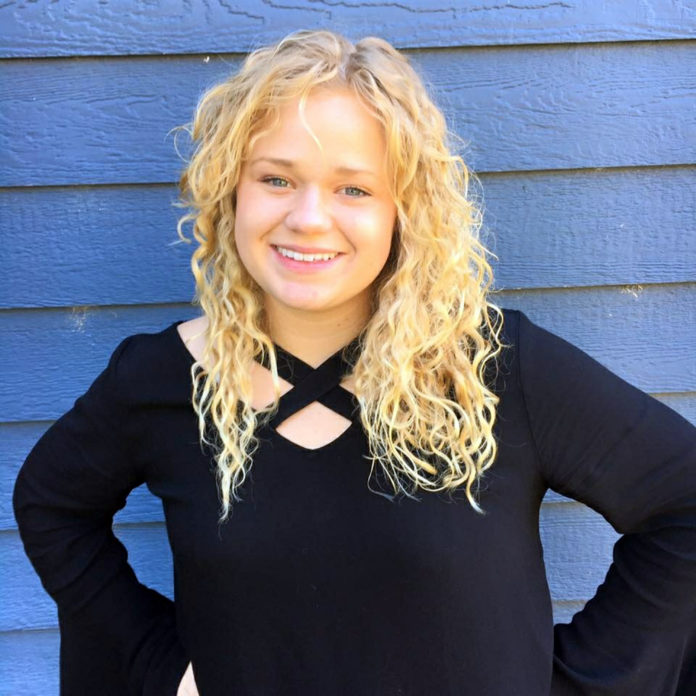By Kelsey Wolf, Guest Columnist
“Why would you want to teach? Wouldn’t you like to make a lot more money?”
When I tell people that I’m joining Teach For America to teach high school English in Dallas-Fort Worth next year, I’ve received every possible reaction. My professors are excited that I’m contributing to an often undervalued field. My parents are incredibly proud of my decision, even though they’ll be sad I’ll be teaching 500 miles from home. And most of my friends are excited even though some don’t understand why teaching is so important to me.
I’ve appreciated the many encouraging responses, but I have to admit I feel a bit dumbfounded by others. Do I explain that leading a classroom is the most challenging and fulfilling profession I could have pursued? Do I tell them about the students I taught this summer through Breakthrough Collaborative, and how they taught me more about perseverance and dedication than I ever learned in a college course? Do I share that I don’t see how any other profession could have such a direct impact on breaking the cycle of poverty?
When it comes down to it, it’s all of those reasons plus one more. I believe that the classroom is a powerful place for social change, where all of my identities and experiences can come together to help pave a different path for my future students. When I think about the issues I’m most passionate about — immigration, Black Lives Matter, climate change, feminism, challenging implicit biases — I’ve come to realize that there’s no better place to tackle them than in the classroom.
For instance, as a communication major, I have more closely explored how implicit bias affects race relations, civil rights and the cycle of poverty. I’ve studied how the language that people use has historical roots in oppression. When thinking about how I could influence these issues after graduation, my mind kept returning to the students I taught this summer. What better way to solve our country’s problems than empowering others to solve them too? By providing my students with an education that allows them to become civically engaged and become change agents, I’m ensuring they will be among the future civic leaders of our nation.
As a corps member, I know I’ll face incredible obstacles as I tackle these complex and systemic challenges. But I also know that I’ll grow my skills to thrive in challenging settings and gain a strong network of innovators to lean on.
Whether it is education, law, technology, politics, or any other career path, it is important you discover what drives you. With the looming question about what to do after graduation, and the pesky questions from friends and family, I charge you to find
your platform. Let that guide you to create real change. Find your voice and use it. If you see a failing system, fix it rather than waiting for someone else to do it.
So as you consider which path you’ll forge after graduation, I encourage you to listen to the voice that tells you to follow your calling — even if it doesn’t seem as prestigious as society tells you it needs to be. Listen to the experiences that have defined your college career thus far. Step out of your comfort zone. I hope you’ll find that your path is richer for it.
Kelsey Wolf is a senior communications studies major from Winfield, Ill.





